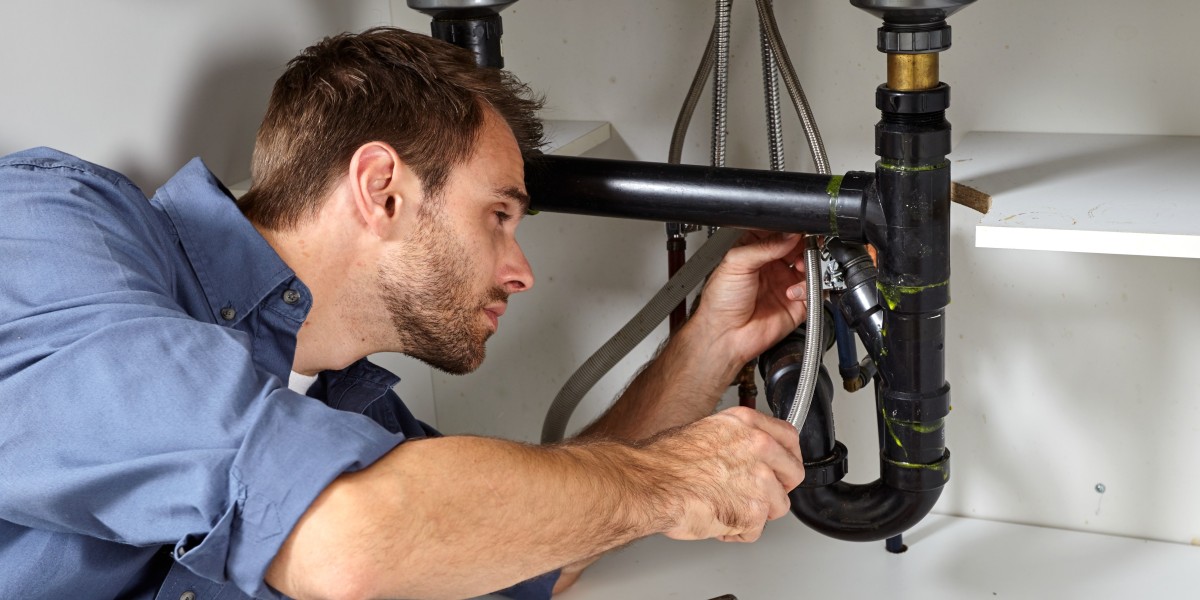Few subjects in house maintenance are as full of myths and false information as plumbing. Though widely held, many homeowners cling to misconceptions about their plumbing systems that are far from true. According to plumbers in Berwick, these fallacies about plumbing can result in poor do-it-yourself repairs, unwarranted anxiety, and even expensive damage. Knowing the reality behind these myths can help you save time and money, regardless of whether you need a regular check-up or a reliable plumbing service.
1. Flushable Wipes can be Flushed
So-called "flushable" wipes are not as safe as they seem, despite what the general public believes. Unlike ordinary toilet paper, these wipes do not dissolve when flushed into the toilet. Rather, they stay in place and result in major blockages and backups in the local sewer system as well as the plumbing in your house. In a toilet simulator, flushable wipes did not decompose after thirty minutes, while ordinary toilet paper did so in just eight seconds, according to a lawsuit brought by the NACWA. Moreover, some locations have disclosed spending more than $18 million throughout the previous five years. Wipes can be easily avoided by simply tossing them in the trash can rather than flushing them, which will save both money and time.
First of all, the plumbers in Berwick say that plain toilet paper is a reliable choice. Because of its unique ability to dissolve rapidly in water, it is safe for use in many kinds of plumbing systems. Second, people are starting to use biodegradable wipes more frequently. Because these wipes' ingredients decompose organically in the environment, there is a lower chance of jams and sewer backups.
2. Lemon Peels Can Clean
Unfortunately, the widely held belief that lemon peels may refresh and clean your garbage disposal isn't totally accurate. Yes, the lemon's zesty aroma can cover up offensive smells, making the disposal seem cleaner. Ice is a more efficient and secure way to clean your waste. Any food particles trapped in the disposal's blades can be helped to come loose by the ice's rough surface. Moreover, Doyle Plumbing Group experts say dissolving any grease or oils can be aided by adding a tiny quantity of dish soap and running cold water through the disposal. Baking soda is a safe and efficient deodorizer that won't harm your disposal for those disagreeable smells.
3. Running Water with the Garbage Disposal Prevents Clogs
Contrary to popular opinion, blockages aren't always avoided by just running water through your garbage disposal. Running cold water can help move food particles down the system and into the main sewer line, but it can't completely avoid clogs, particularly if the wrong things are being put in the disposal. Even with running water, hard or fibrous objects like coffee grounds, vegetable peels, or bones can clog the disposal or cause harm.
First, be sure you are only discarding goods that are appropriate for your garbage disposal. Steer clear of anything tough or fibrous and only eat soft, biodegradable meals. The plumbers in Berwick suggest to help flush the system, run cold water before you turn on the disposal and continue to run it for 15 to 20 seconds after you turn it off. The disposal should never be overfilled since this might cause clogs or harm the motor. Use dish soap and cold water to help break down fats in food waste and keep it flowing through your plumbing system if it's especially greasy or oily. Maintaining your disposal will also help keep it clear of obstructions and operating properly.
4. Ice Cubes Sharpen Garbage Disposal Blades
Ice cubes do not, despite common assumptions, really sharpen your garbage disposal's blades. Food is ground in garbage disposals by impellers rather than by blades. Therefore, ice cubes do not influence the sharpness of the "blades," but they may help clean your disposal by dislodging food particles that have become lodged in the impellers. Ice cubes can indeed clean your garbage disposal, but it's a fallacy that they can also sharpen it.
Here are some Doyle Plumbing Group’s important guidelines to remember when maintaining your garbage disposal are as follows:
Whenever you use the disposal, make sure to run cold water. Solidifying any greases or oils that may be present makes it possible for them to be diced up and flushed through the system instead of adhering to the walls.
To prevent clogs or jams, do not dispose of hard or fibrous objects.
Give your disposal a regular cleaning.
5. If there is enough water, pouring hot grease down the drain is acceptable.
The notion that pouring hot grease down the drain is okay as long as you run a lot of water afterwards is one of the most widespread myths regarding home plumbing. The plumbing system in your house may suffer greatly as a result of this activity. Grease that has been heated and cooled solidifies, clogging your pipes with a thick buildup. This might eventually result in significant blockages and possible sewer backups, which can be expensive and challenging to fix.
According to plumbers in Berwick, grease can also build up in the sewer system and cause fatbergs, which are large, hard lumps of fat mixed with wet wipes and other debris that can seriously damage municipal sewer systems. This is the reason why grease down the sink is a bad idea. Grease can be disposed of most safely by letting it cool and solidify before throwing it in regular trash.
Conclusion
Realising the truths behind popular plumbing myths can help you avoid potential harm and save time and money. By dispelling these myths, homeowners may take better care of their plumbing systems and ensure their longevity and functionality. Your home will have a well-maintained, effective plumbing system if you follow plumber in Berwick’s advice rather than myths.








